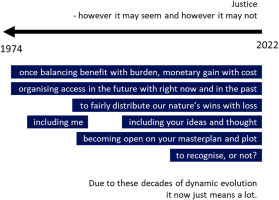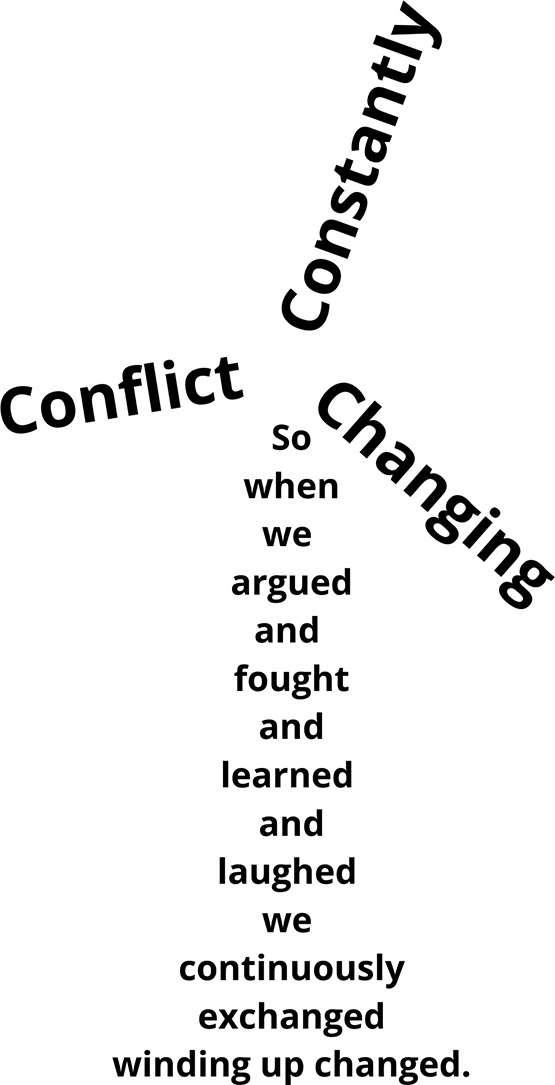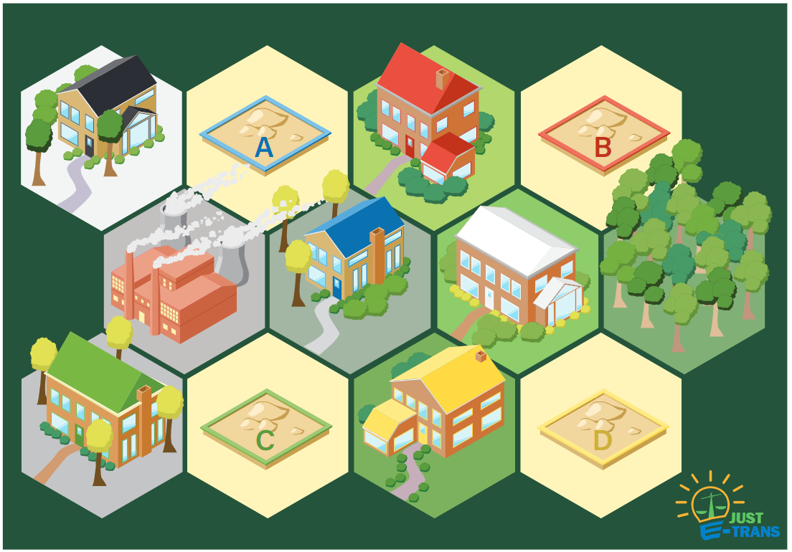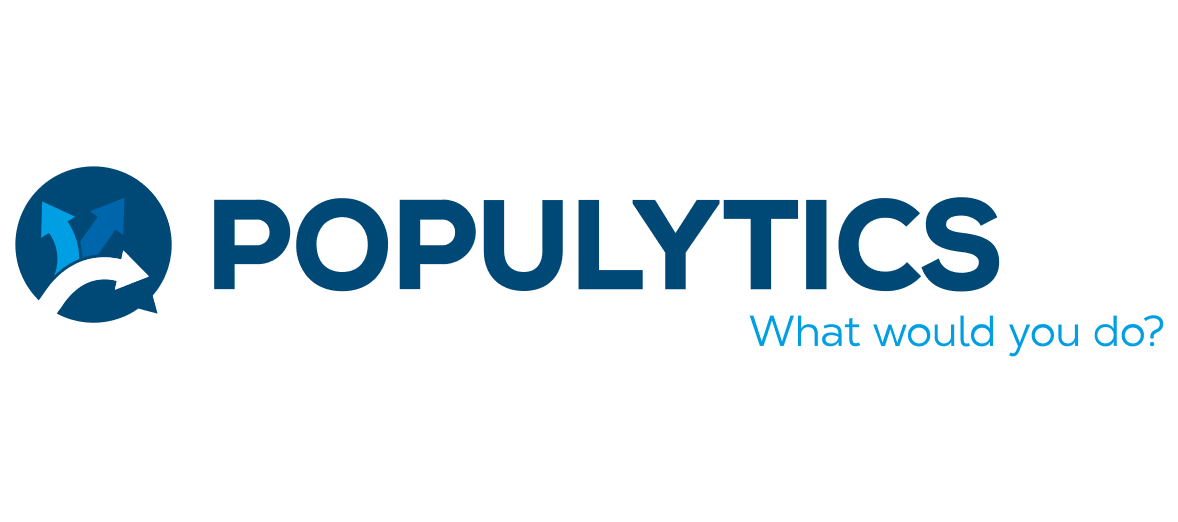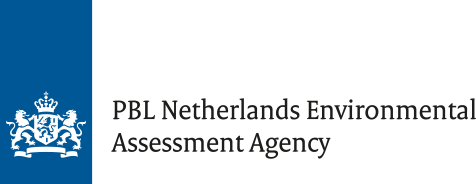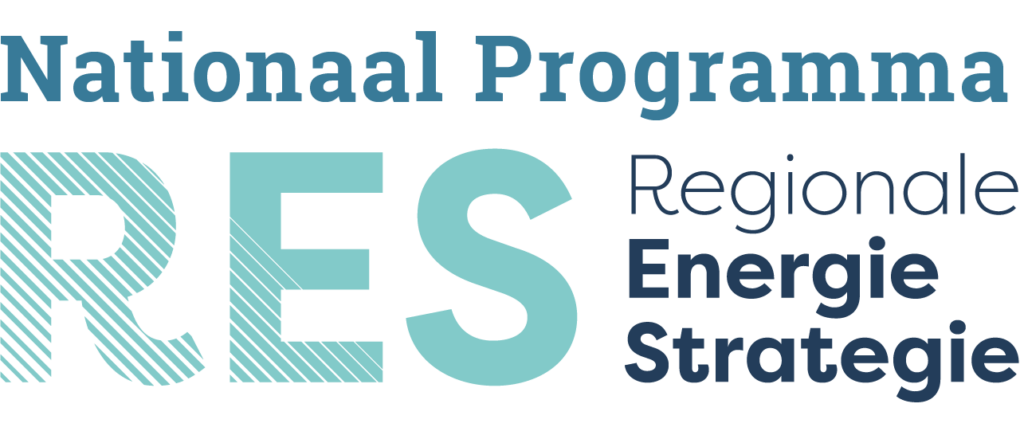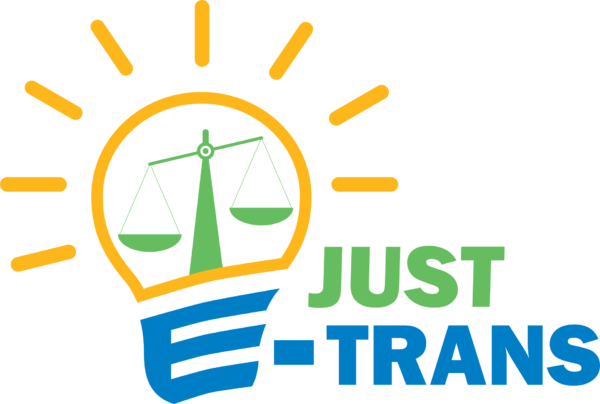
About JustETrans
The energy transition affects everyone. It is therefore important to make decisions that help to achieve climate goals in a fair way. By giving justice a place in the computer models that are often used to devise solutions, we develop a methodology that makes this possible.
Energy transition measures should not only effectively reduce CO2, but they should also be just. Deciding what technologies to use where and when, who should pay or profit, and who should be involved in deciding so, is far from easy. This project aims to support coordinated and robust decision-making for a just energy transition, by developing an innovative participatory multi-modelling approach.
JustETrans is a collaboration research project between Delft University of Technology and Leiden University. The project adopts a transdisciplinary approach, involving engineering, modelling, social, economic disciplines and a wide range of public and private actors to co-produce the participatory multi-modelling approach.
Projects
JustETrans is build up of three parallel PhD projects. These projects feed into each other and come together in case studies.

Project 1 - Conceptualisation of Energy Justice
How can we understand the growing and diverse calls for justice in the energy transition? What views do different actors have on how the transition should become a just transition? And how do these views shape energy policies, models and participatory decision-making? Sander ten Caat finds structured ways of comparing these views on justice to see how these conflict or complement each other, and to allow for their inclusion in energy models and decision-making processes.
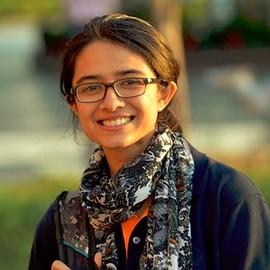
Project 2 - Integration into a multi-model ecology
Models are increasingly used for decision-support when formulating energy transition policies.
Can these models be extended to support policy-making for just transitions? What needs to change in existing models and modelling processes to enable policy-makers to bring about just outcomes? How can we integrate justice into models?
Through a systematic exploration of such questions, we aim to enable design of just energy transition supported by models that are more cognizant of their justice implications.
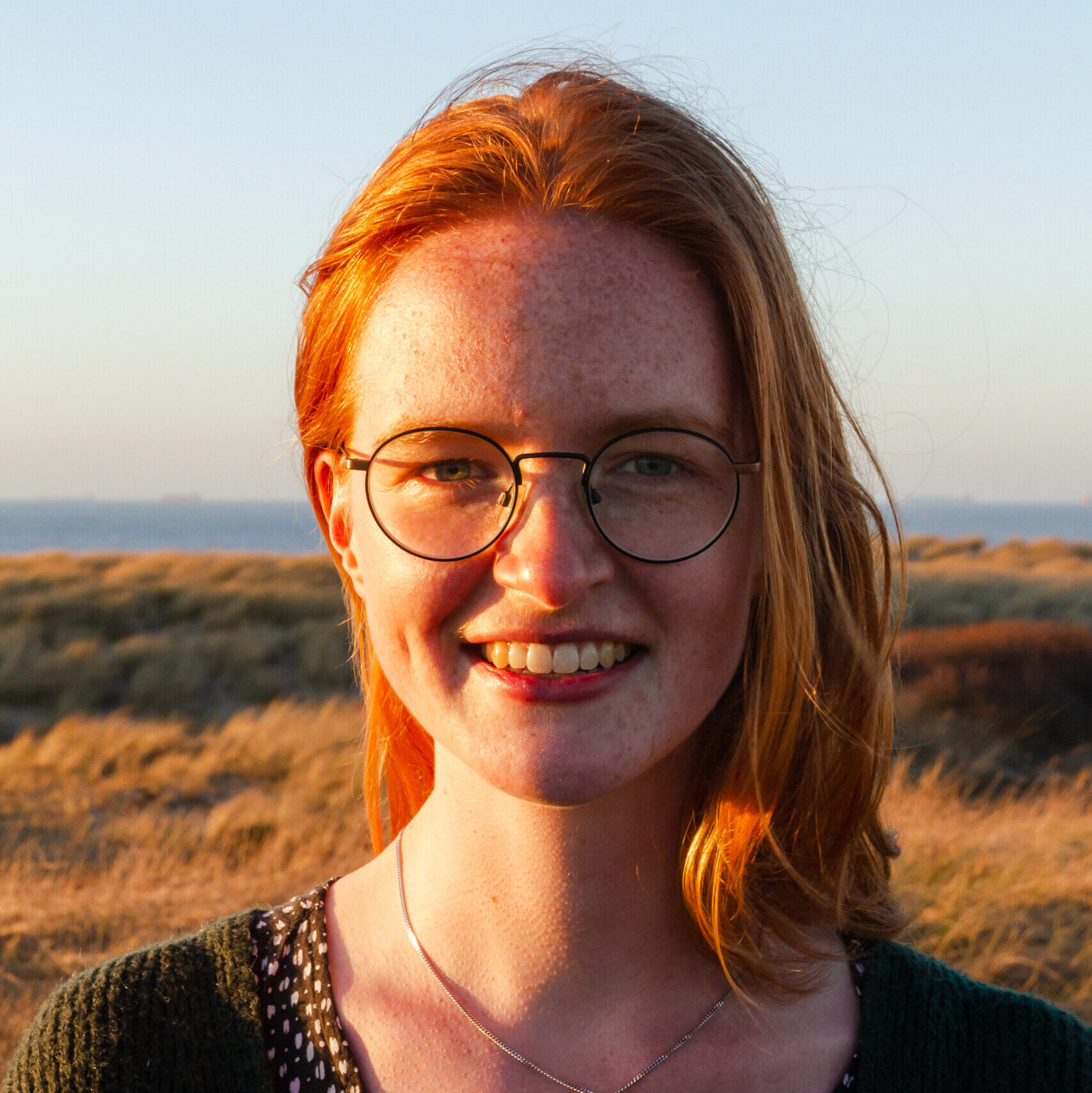
Project 3 - Change
Does anything change when actors interact and exchange ideas and perspectives on modelling justice? Do the models that come out of this interaction reflect justice conceptions differently? And how does this impact decision-making? Annemiek de Looze aims to answer these questions by analysing the impact of participatory practices and knowledge transfer on justice in models and decision-making.
Recent publications
Annemiek de Looze, Sander ten Caat, Antonella Maiello, Shivant Jhagroe & Eefje Cuppen
Published in Energy Policy, August 2024
The concept of energy justice is increasingly adopted by policymakers and scholars. We argue that, although the use of the concept is new, normative interpretations of what is just have been part and parcel of energy policy as dynamic conceptions, changing to reflect the socio-cultural and socio-technical transitions of their time. To show this dynamic nature of justice conceptions, we analysed 13 key policy documents outlining the course of energy policy in the Netherlands in the period 1974 to 2022. Our analysis identified four periods in which different justice conceptions were dominant. We found that justice conceptions broadened over time and changed in the relative importance of certain aspects of justice: from primarily being regarded as a distributive concern to including and emphasising procedural and recognition justice. Our analysis shows that conceptions of justice are spatially and time sensitive, continuously being re-interpreted and re-enacted. Based on this insight, we propose for energy justice scholarship to view justice more as a highly contingent and spatially and time sensitive concept. This understanding asks of policymakers to engage in continuous, representative dialogue with societal actors to share heterogeneous conceptions of justice, using participatory processes open to a societal redefinition of priorities.
Aarthi Sundaram, Juliana Gonçalves, Amineh Ghorbani, & Trivia Verma
Published in Energy Research & Social Science, June 2024
Governments often use price-based policies such as tax-subsidies and rebates to encourage households to shift to renewable energy sources like rooftop solar photovoltaics (PV). These policies, however, have primarily benefited high-income homeowners, leaving others behind. This paper proposes leveraging social networks’ influence on attitudes and perceptions to design more equitable solar PV adoption programs. Using data from Albany county (New York State, USA) we develop an Agent-based model, integrating a novel implementation of circles of influence into the theory of planned behavior. We test two policy categories (generic and targeted) under two network scenarios (integrated and segregated). Resulting solar PV adoption rates are evaluated using egalitarian, utilitarian and cost metrics to analyze policy impact on different income groups. Our findings indicate that network structure significantly influences adoption rates within income groups. Low-income groups in segregated networks can experience higher adoption driven by positive attitudes towards solar PV, while high-income groups in segregated networks may face poor policy performance despite higher affordability. Seeding policies and information dissemination through influential network members may not necessarily improve adoption rates, as trust can a more important role. The study underscores the importance of trusted information sources in influencing adoption decisions. The insights gained from this research can guide policy design for tailored interventions to improve access to renewable energy for all income groups.
Annemiek de Looze & Eefje Cuppen
Published in Energy Research & Social Science, August 2023
The energy transition is a complex challenge involving technological, political, behavioural, and social transformations. In this transition, social conflict frequently occurs regarding disagreements over how, when and where energy should be produced, transformed or transported. Recent literature argues for the potential value of social conflict when conflict is used to draw lessons and improve policy and projects to fit with the concerns of stakeholders. However, research in which the actual positive repercussions of multiple social conflicts are evaluated on a systemic level is lacking. In this paper we aim to empirically investigate if and how social conflict leads to institutional change. Our first research question is how institutional change as a result of social conflict can be assessed. To answer this question, we develop a framework combining the Ecologies of Participation framework with institutional change literature to evaluate the value of social conflict on institutional change regarding the objects (the ‘what’), subjects (the ‘who’), and models (the ‘how’) of participation. We apply this framework to the case of onshore wind energy in the Netherlands. Through a document analysis and semi-structured interviews, we answer the second research question: (how) did institutional change result from conflict occur for the Dutch transition to onshore wind energy between 2013 and 2022? We present our findings on which institutional changes occurred and discuss the dynamics allowing for or hindering institutional change. Our research contributes to a growing necessity to combine a systemic analysis of complex socio-technical processes with concrete measurements of change.
Nourian Peters, Annemiek de Looze, Sander ten Caat, Aarthi Sundaram & Geertje Bekebrede
Published as part of the conference proceedings of the 54th ISAGA Conference, July 2023
Designing local energy transitions is becoming an important question for local governments all around Europe. Negative perceived impacts of energy projects on local communities have frequently sparked opposition. Citizen resistance is often fed by feelings of recognition, distributive or procedural injustice. To give policymakers insight into these, (hidden) injustices, we designed the “Just Solar Panels” serious game. The game aims to make players experience how it feels to be participating in a participatory process from the perspective of different archetypes. The player are expected to balance daily personal tasks, needed to stay happy with processing and acting upon municipal information in a limited amount of time. The stated aim is to maximise points that represent general wellbeing The roles and tasks are designed in a way that are unfair in a non-obvious way. This mimics reality where citizens with the same information and opportunities to participate may not be able to do so because of systemic injustices.
The game was played in three sessions with students, academics and industry and policy experts. The debrief was focused on eliciting experienced inequalities between players in the game and relating these to reality. The game successfully allowed players to experience injustices and relate these to reality, increasing their understanding of how seemingly just participatory processes can be unjust. In the future, the game should be further developed to enhance its use as a tool for learning and building capacity for change in organizations towards a more just local energy transition.

